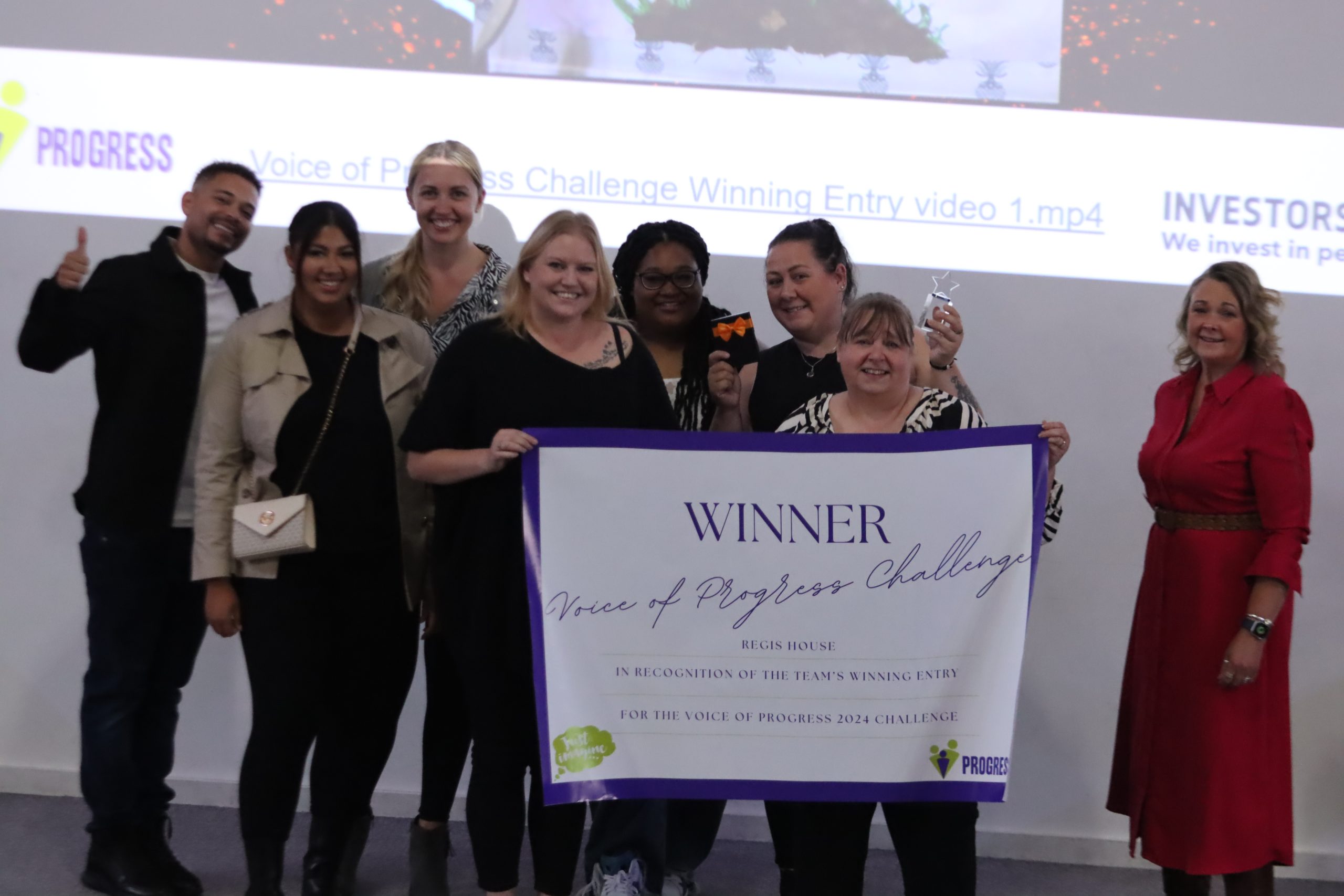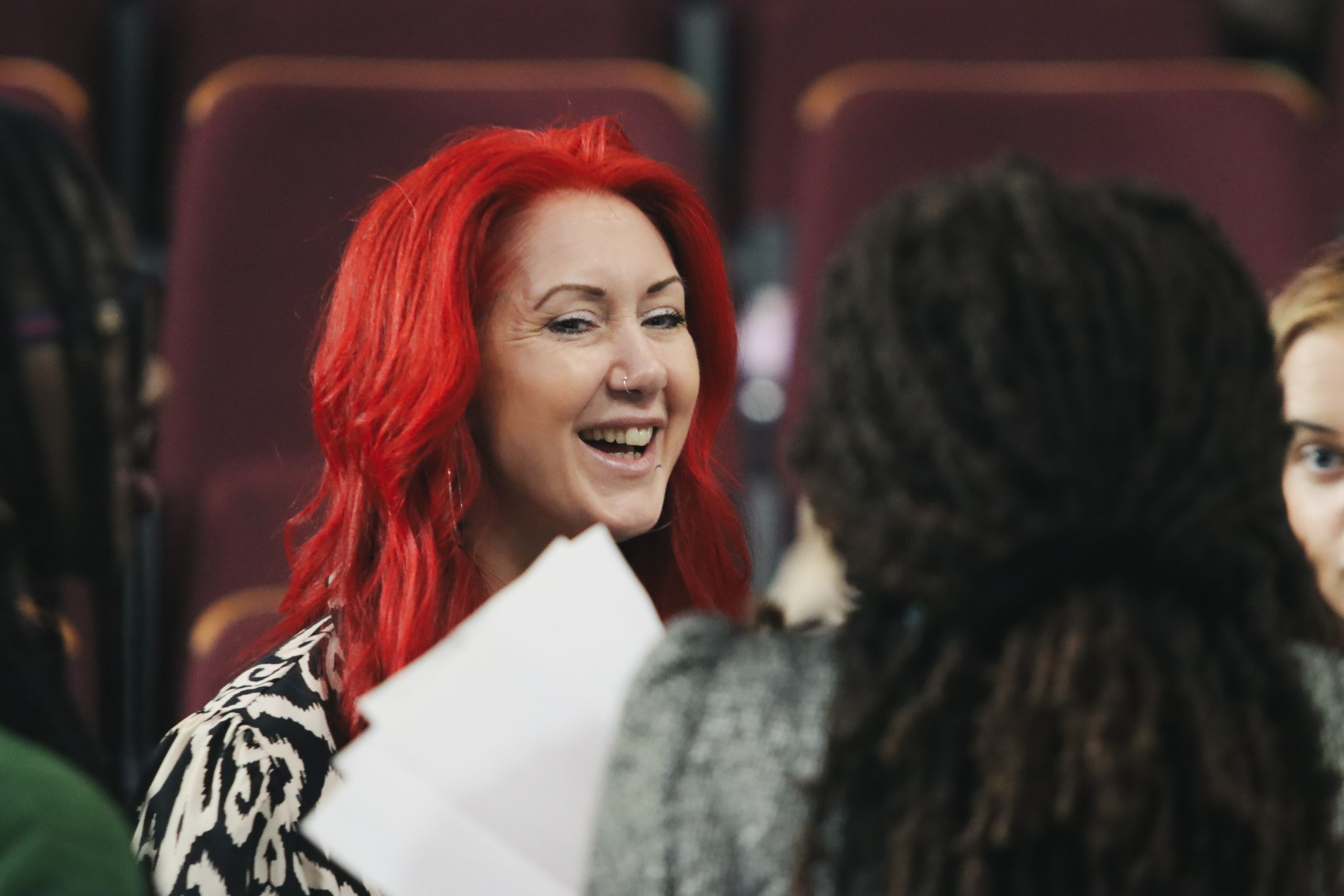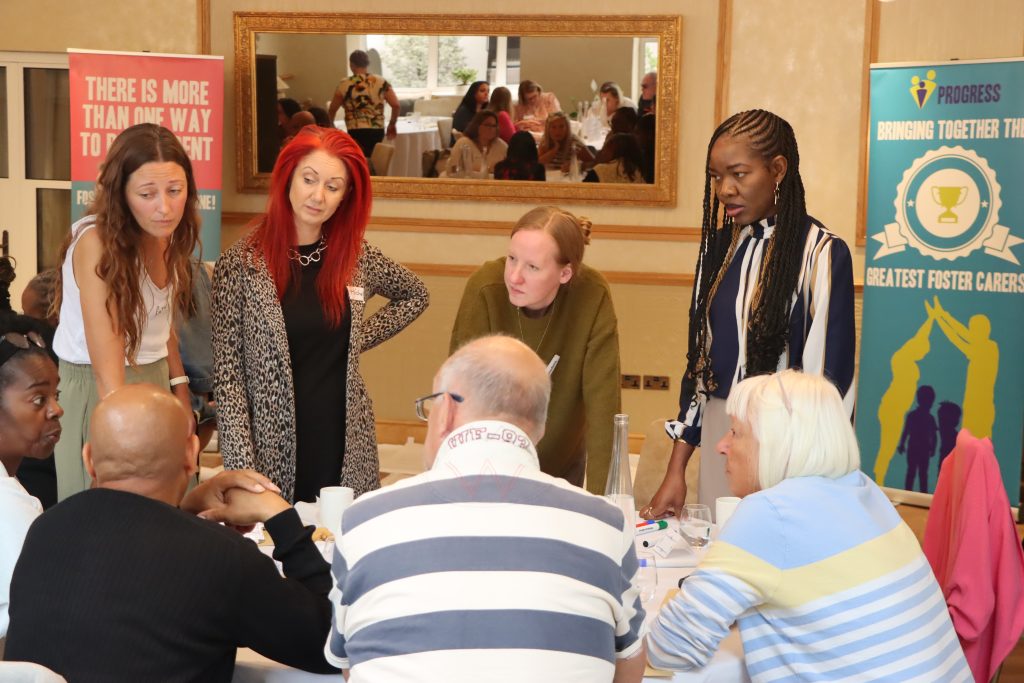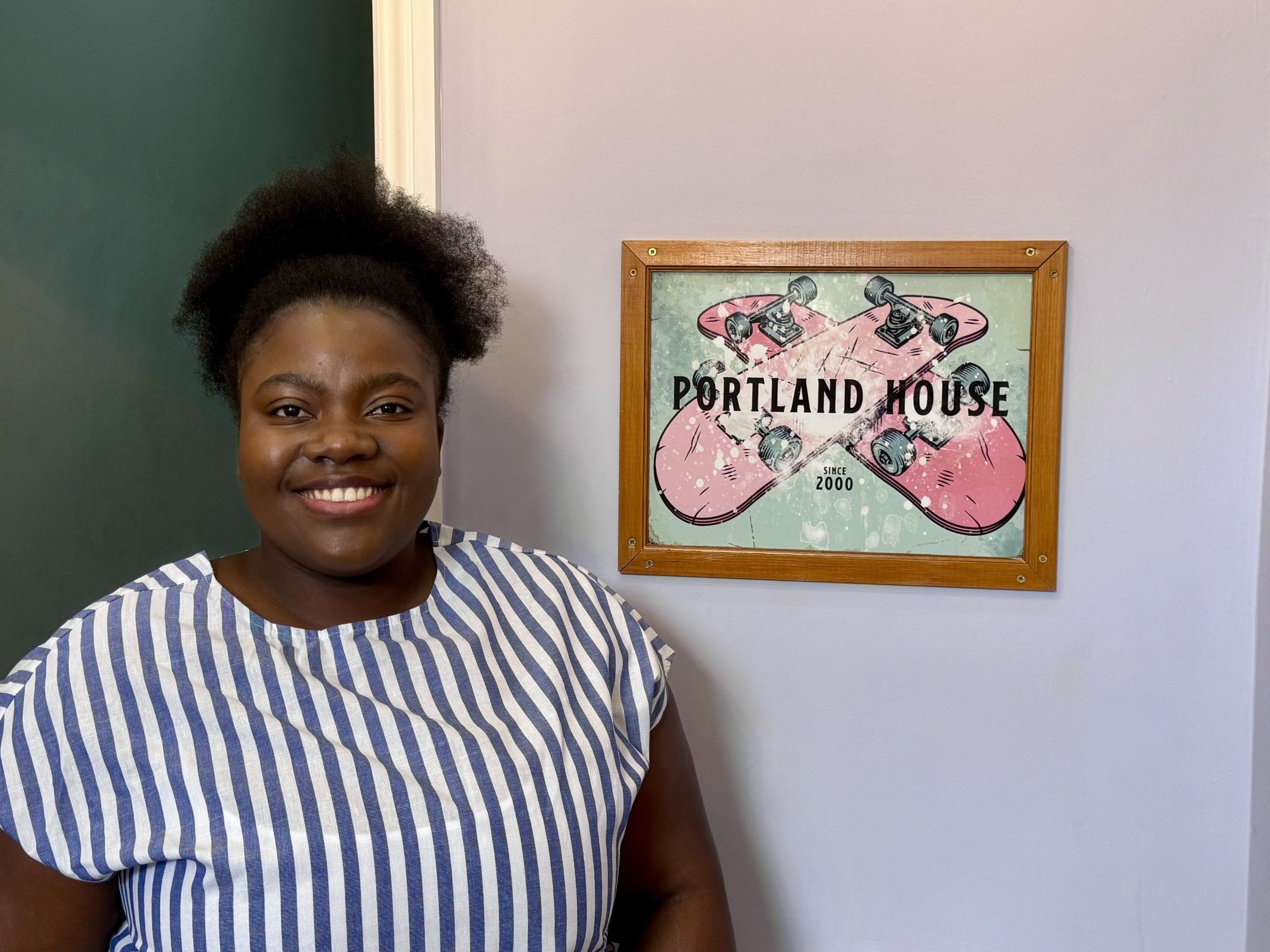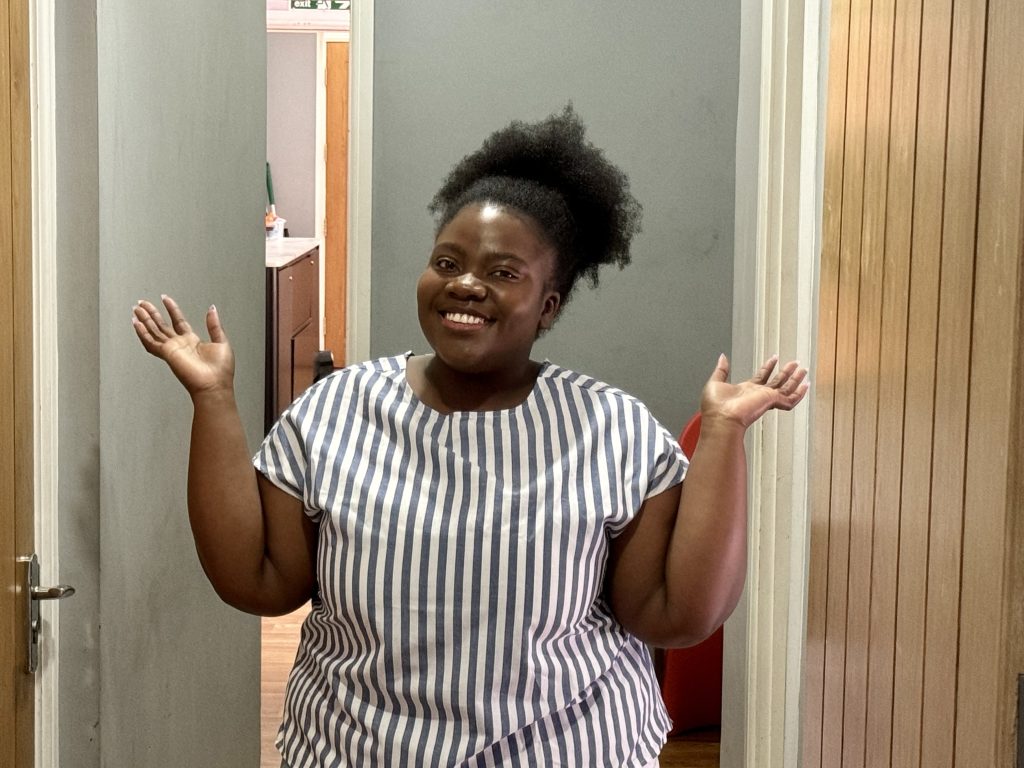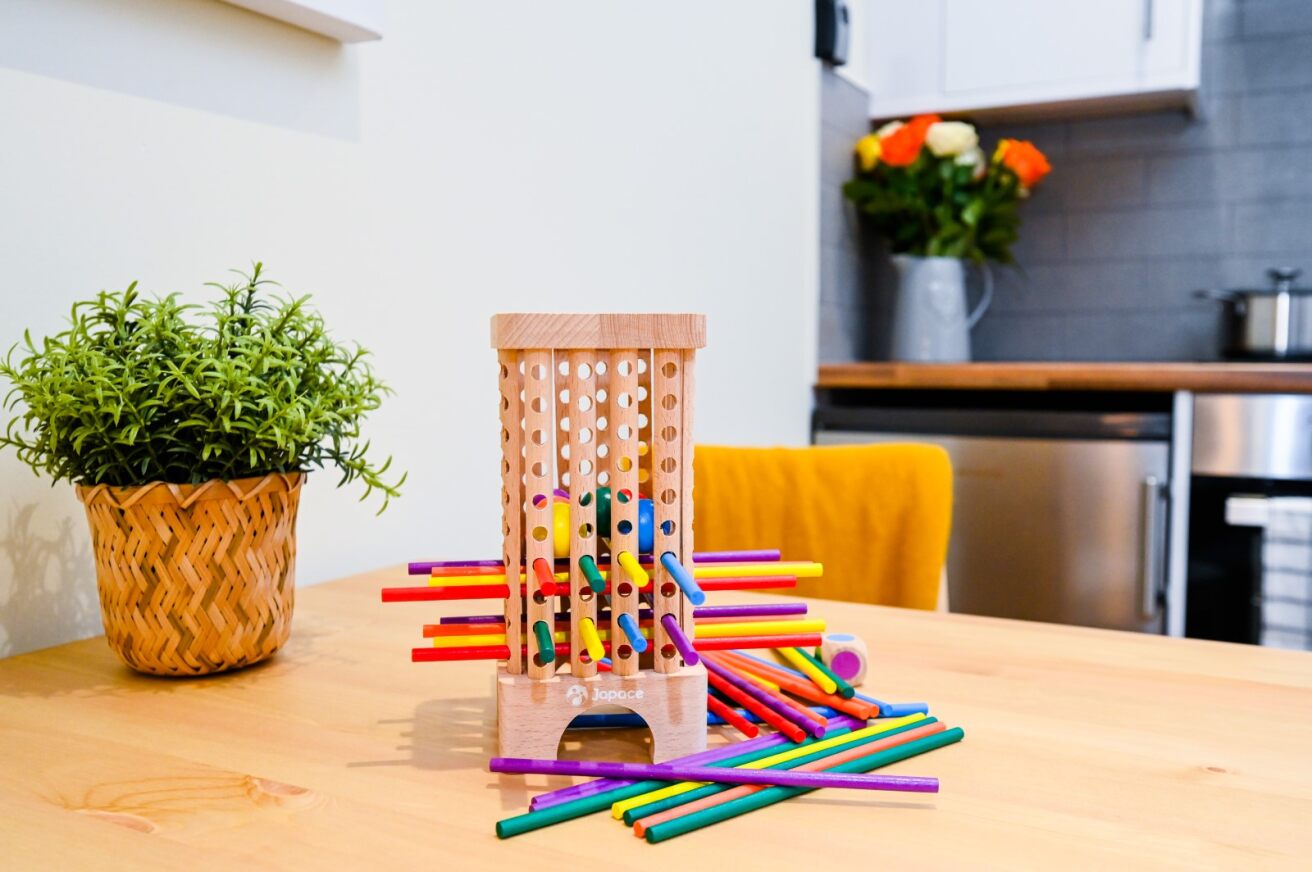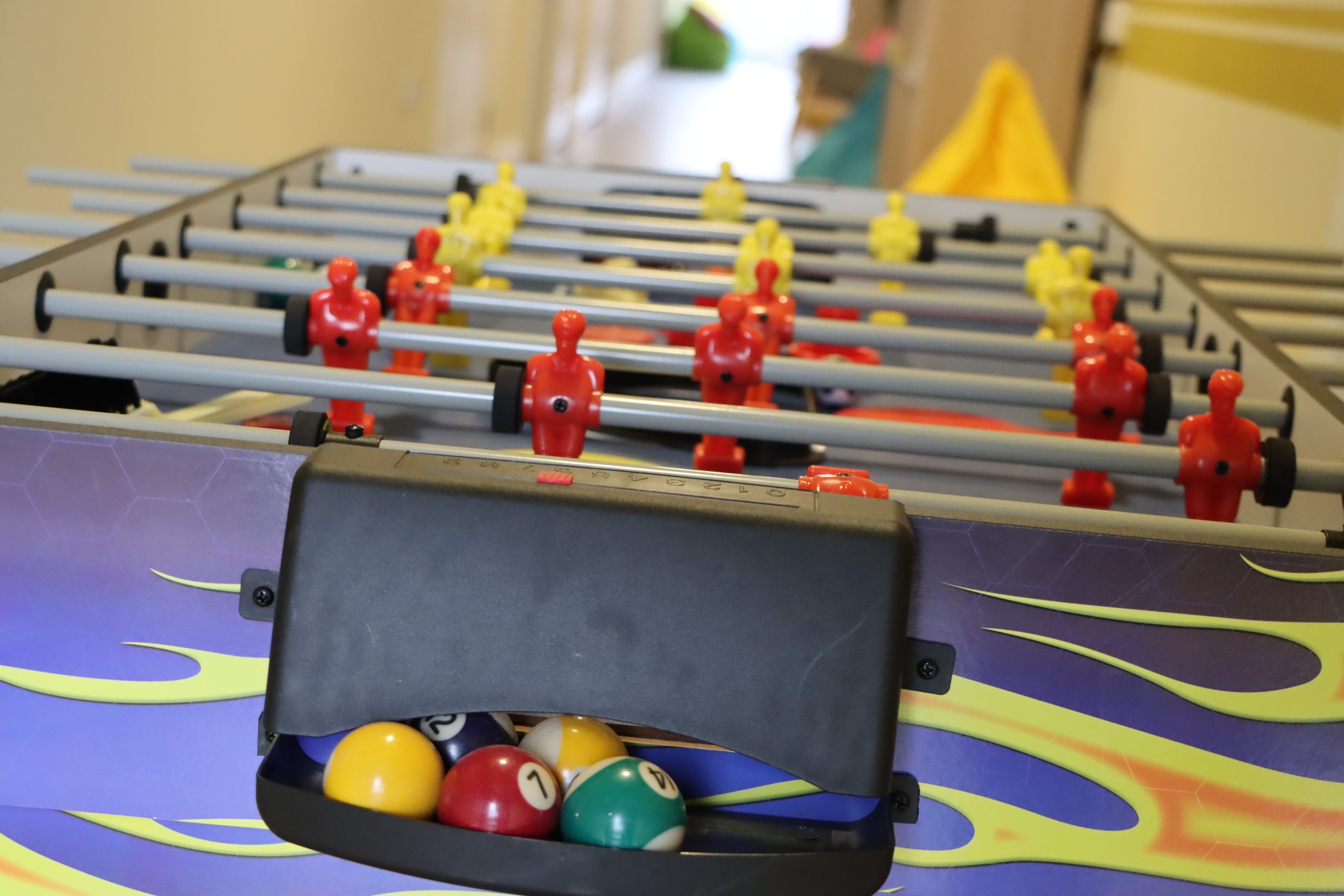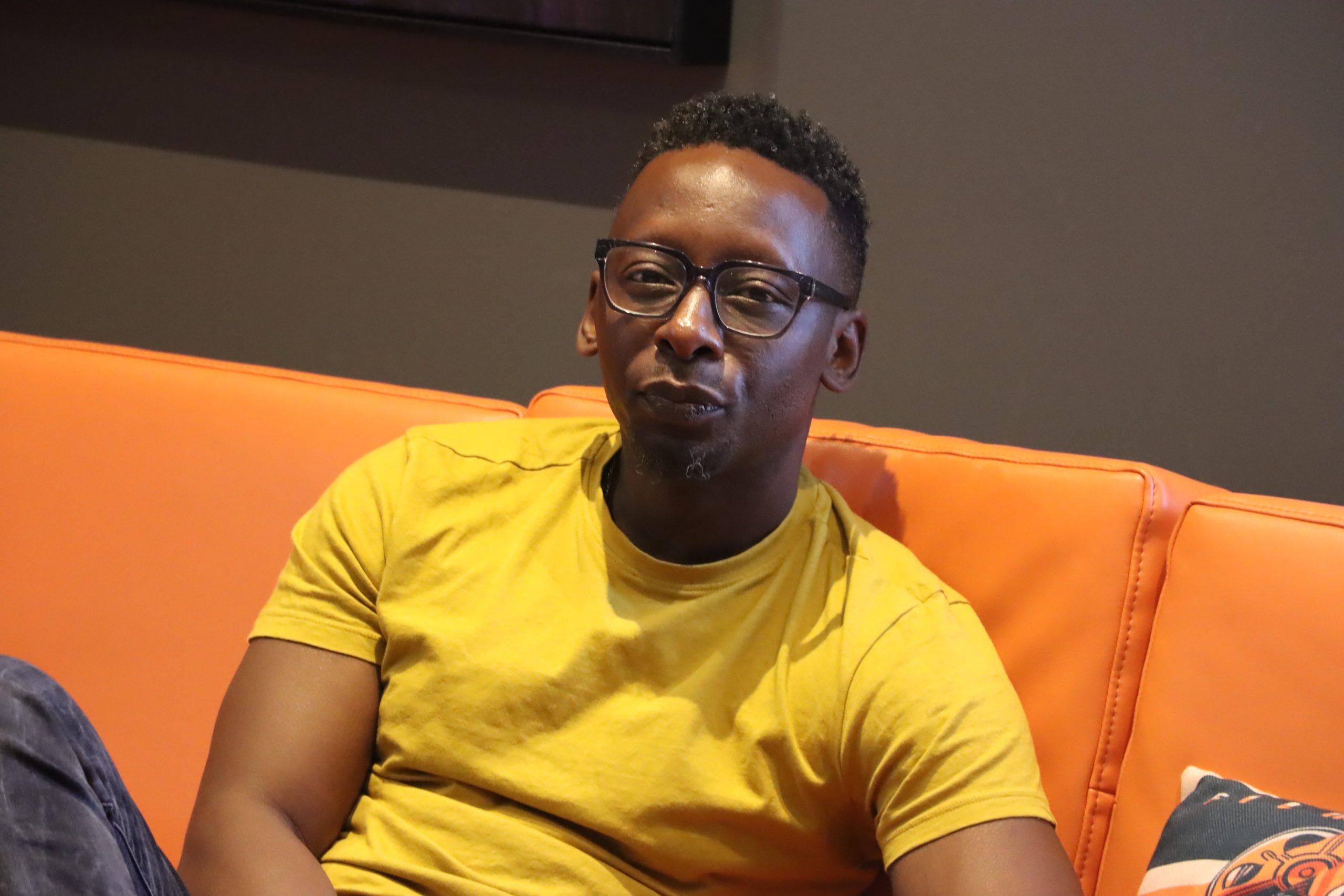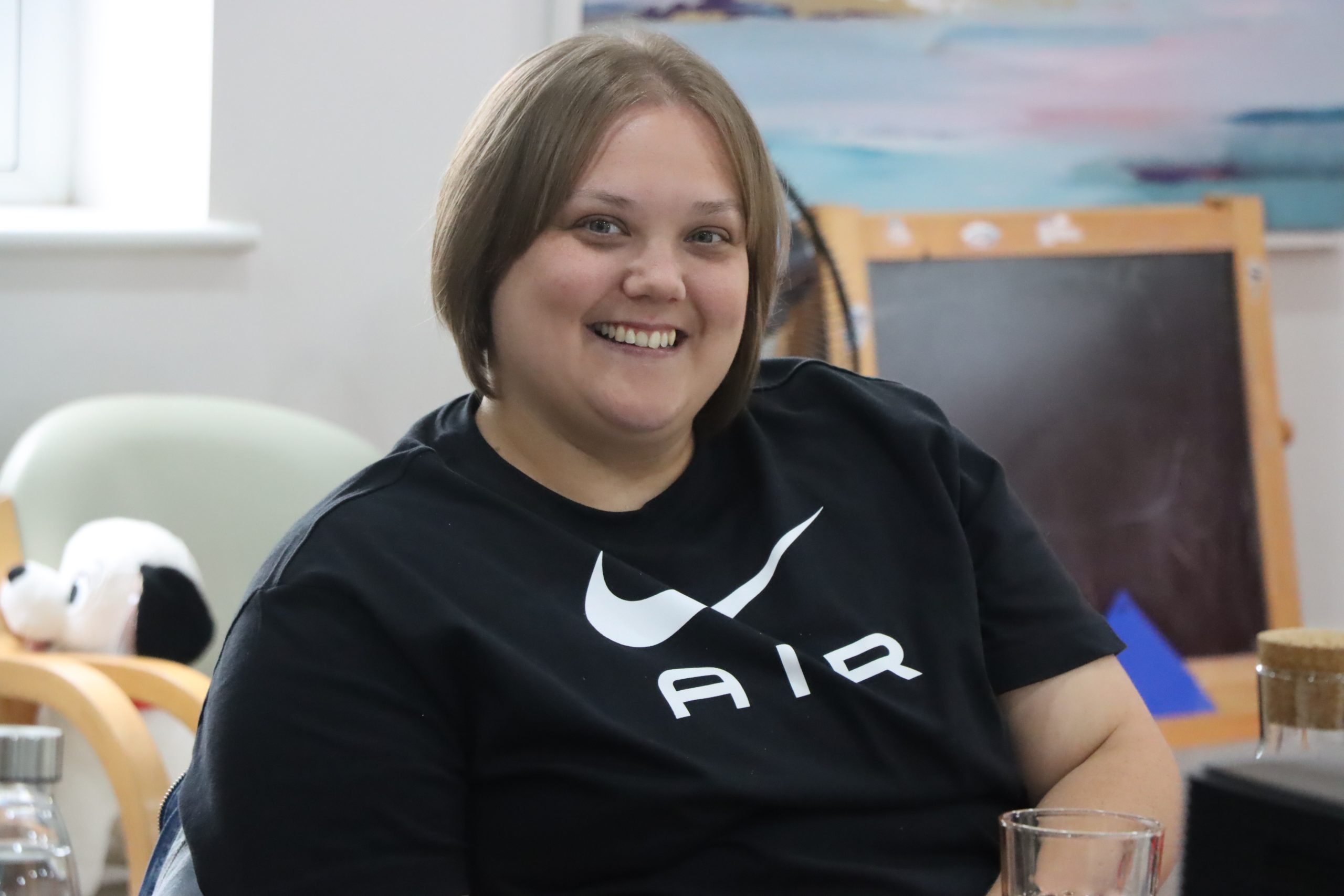Staff understand the vulnerabilities of children living at the home. They know how to keep children safe. Care is well organised and arranged…” — Ofsted.
Hilton House, a part of Progress Children’s Services, recently underwent an unannounced Ofsted inspection, a crucial requirement for any service in the care sector in the UK. The positive outcome of this thorough evaluation, spanning two days, is a testament to the home’s commitment to maintaining high standards and ensuring the well-being of its residents.
Explaining how it all happened, Josh, the registered manager of Hilton House, revealed the Ofsted team arrived without prior notice on the 11th of June. Such inspections are designed to provide an accurate and unfiltered view of the home’s operations and the quality of care provided.
“They came without any notice and stayed for two days,” Josh explained. “The first day was a full day of inspection, and they returned the next day to complete their evaluation.”
What Ofsted said
Children enjoy a range of activities at the home and going out to places they enjoy. Staff have a passion for creating fun and enjoyable experiences for children.” — Ofsted.
In its official report on Hilton House, Ofsted said the overall experiences and progress of the children and young people have been rated as ‘good,’ reflecting the high-quality care and positive environment we strive to create.
The report highlights the carefully planned introductions and personalised care that have allowed children to settle in quickly and comfortably. Ofsted commended the staff’s attentiveness and proactive approach that ensures that each child’s unique needs are met with dignity and respect. From understanding preferred communication methods to celebrating cultural events like Eid, Ofsted said the team goes above and beyond to make every child feel valued and supported.
One of the key successes noted in the report is the strong, trusting relationships that the staff have built with the children. By actively listening and engaging with the children, Ofsted said the staff at Hilton House have created an environment where children feel comfortable and cared for. Progress’ innovative approaches, such as using social stories to reduce anxiety around health topics, did not go unnoticed. Ofsted said these empower children to develop independence and confidence.
Ofsted also affirmed that safety is a top priority at Hilton House. The regulator commended the staff’s improved understanding of safeguarding procedures and their vigilance in addressing concerns promptly and effectively. Hilton House’s well-organised care plans and positive behaviour support strategies, Ofsted noted, help children feel secure and understood, promoting a nurturing atmosphere conducive to their growth and development.
Staff feel well supported by managers at the home.” — Ofsted.
“Hilton House has shown significant growth. The team at the service are reflecting the broader organisational dedication to continuous improvement, ensuring that training, supervision, and feedback mechanisms are robust and effective. This commitment to professional development enhances the quality of care we provide and supports our team in their roles,” said Bal Dhanoa, CEO, Progress.
“We believe in the power of joy and shared experiences to enrich the lives of the children in our care. From memorable celebrations to inclusive community events, we strive to create a lively, engaging environment where our young people can thrive and create happy memories,” said Claire Rogers, Managing Director Progress.
“We extend our heartfelt gratitude to our dedicated staff, supportive families, and the entire Progress Children’s Services community. Your unwavering support and commitment make achievements like this possible. Together, we will continue to provide exceptional care, fostering a brighter future for all the children at Progress,” said Tina Bhardwaj, Head of Children’s Services, Progress.
“While we celebrate these successes, we remain committed to further enhancing our services. Our goal is to continue building on this strong foundation to ensure that Progress remains a beacon of excellence in children’s services,” said Angeline Freer, Head of Corporate and Commercial Services, Progress.
Hilton House’s journey
Staff understand children’s preferred methods of communication and they actively listen to children to gain their views and choices. As a result, children have quickly built trusted relationships with staff. Children are comfortable with staff and value their company.” — Ofsted
According to Josh, the inspectors were impressed “with the progress made since their last visit. “They recognised the journey we’ve been on, from our initial setup to now having five young people in our care. I always tell the team not to be afraid to show their best and just be proud of what they are doing. When visitors come into the home this should not change anything. Ofsted are not there to trip us up, they are supporting us to improve. I am so pleased that the inspectors were able to see the home at its best, witnessing some great practice from staff and the environment being used to its full potential.”
“They saw our team in action, managing various situations with skill and empathy,” Josh shared. “This really showcased the quality of care we provide.”
The design and layout of Hilton House also received commendation. The home which was designed for sensory enrichment is tailored to support children with learning disabilities and special needs. featuring functional and welcoming large open spaces and decor. “The inspectors appreciated the environment Progress created,” Josh said. “Our home is designed to be suitable for young people with various needs, and this was recognised during the inspection.”
Staff Training and Development
Ongoing training is a key component of the staff development programme at Hilton House. Josh highlighted the importance of therapeutic approaches in their work. “We’re continually training our staff in therapeutic methods,” Josh noted. “Even those who haven’t completed their training yet are already applying what they’ve learned, which is reflected in their interactions and paperwork.” This commitment to training ensures that the staff are well-equipped to handle the diverse needs of the young people in their care.
With the positive outcome of the Ofsted inspection, Josh and his team are looking forward to continuing their work with renewed confidence. They are also preparing for a busy summer, planning various activities and events to keep the young people engaged and active during the school holidays.
“We want to make the most of the summer and ensure the kids have an enjoyable and productive break,” Josh shared. The team have already planned activities for the Summer and have some ideas for more”




